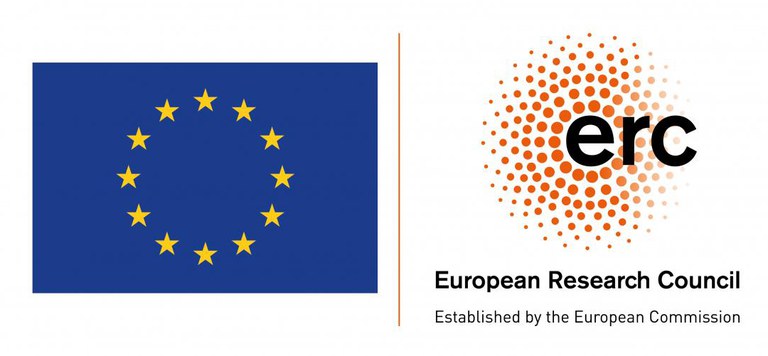About 2,300 South Korean children have been adopted in (West) Germany since the 1960s, most of them in the 70s and 80s. Transnational and transracial adoptions are usually considered only at the edges of migration and diaspora. They are difficult to reconcile, for example, with familiar transgenerational narratives, or national sentimentality. Their history emerged from the Korean “Postcolonial Cold War” (Heonik Kwon), the extensive US military occupation and South Korea’s then status as a Third World country. To understand why migration and diaspora history are so elusive in this context, I pursue an archive-based approach. Countering prevailing tropes of humanitarian aid and a ‘better future’, I research the concrete organisational, legal and logistical circumstances of the child placements in the German Federal Central Archives and the archives of non-governmental and semi-governmental adoption agencies. Through archival research, I aim to break away from metanarratives as well as from biographical reduction.
The book project is motivated by a lack of knowledge about the concrete circumstances of the child placements and by the observation of a certain disquiet that comes with them. It appears that the creation of biographical gaps in the adoption papers played an essential role in the placement process. Systemic blank spaces not only turned the children of poor and otherwise disenfranchised people into “paper orphans” but also symbolically rendered ‘natural’ into ‘unnatural’ parents, neither dead nor alive. Their unsettling yet almost unrecognisable disappearance is continuously troubling in a way, which I understand as a kind of haunting – a way in which systems of power, “whose oppressive nature is denied … make themselves known and their impacts felt in everyday life” (Avery Gordon).
Archival conditions determine the accessibility and intelligibility of the story. An essential part of the project is therefore reflection on the research process itself, as well as the search for an aesthetic that does not once again obscure archival fragmentariness and voids. By combining archival and autotheoretical reflection, I intend not to hide the urgency of understanding one’s ‘own’ history and yet arrive at something beyond the ‘personal’. To make better use of the historical archives I draw on scholarly, literary and artistic archival studies from various racialised, migration and diaspora contexts, for example by Patricia J. Williams, M. NourbeSe Philip, Jay Bernard, Bhanu Kapil, Saidiya Hartman, Gayatri Spivak, Trinh Thi Min-ha and Emma Wolukau-Wanambwa. The aim of the project is not to recover the lives of Third World subjects whose existence has been erased from the records. Rather, I attempt to first make the archival voids visible, then repurpose them, and create new ones, in order to make room for something else.


